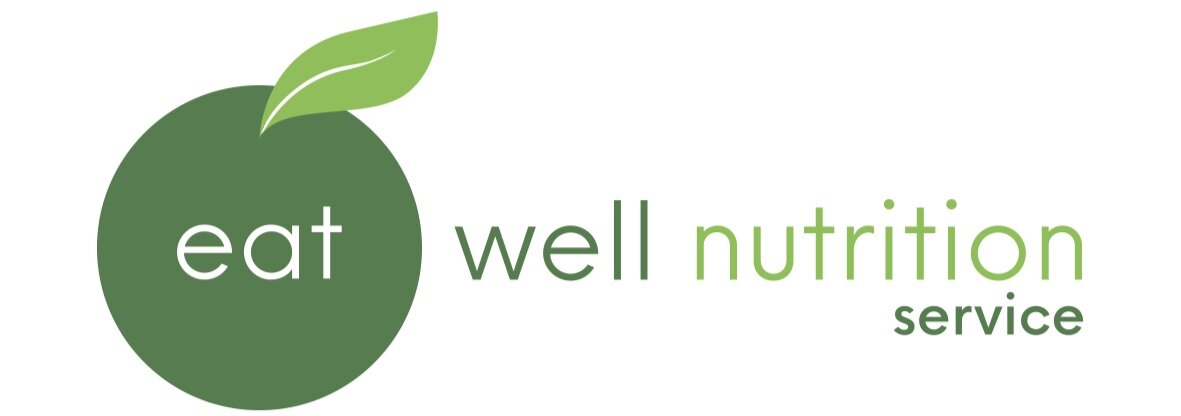Independence at Meal Times
Encouraging your residents to maintain independence at meal times is an important factor in their care, helping to promote their physical wellbeing, maintaining dignity and confidence, and often improving their chance at gaining adequate nourishment. If a resident has the capability to eat without assistance, it is desirable that they keep engaging in this activity. Doing so will help to maintain muscle action, as they ideally partake in the act of eating multiple times per day.
Work with your facility’s Allied Health staff to provide your residents with the best chance to feed themselves. A Physiotherapist can help with muscle function, an Occupational Therapist will assist in ensuring appropriate utensils are being used, a Speech Pathologist will assess swallow function and prescribe appropriate meal and fluid textures, and a Dietitian will ensure your resident is gaining an appropriate and nourishing meal.
The following is a list of factors to consider when helping your residents maintain independence at meal times:
Posture and balance
Limit noise distractions
Provide the correct cutlery and utensils
Ensure your residents are wearing well-fitting dentures and glasses
Chewing and swallowing ability
Meal texture, temperature and preference
Allowing your residents adequate time to feed themselves is another important factor to consider. Often meal times can be a source of stress for staff, as they have multiple residents who require supervision and/or assistance (and all before the meals get cold)! However the importance of meal times cannot be underestimated, and should be prioritised by staff and management. Ensuring residents are achieving adequate nourishment is paramount to overall health and wellbeing. In addition, if residents can feed themselves without physical assistance, then they may be more likely to finish the meal. This may take more time, but is a valuable use of time for both staff and resident in the long run. Don’t rush meal times!
Finally, residents who can exhibit independence around meals maintain an important level of dignity. This is particularly significant for residents in care who are cognitively intact. If verbal prompting or partial assistance is required, ensure that your residents are treated with patience and kindness.
This will all help to promote independence at meal times, which is a valuable skill for your residents to have.
